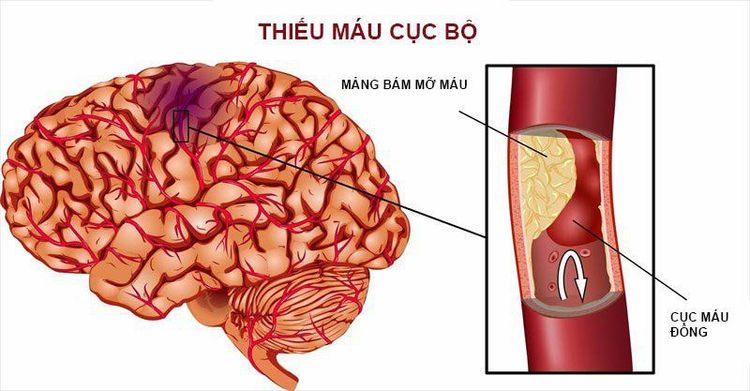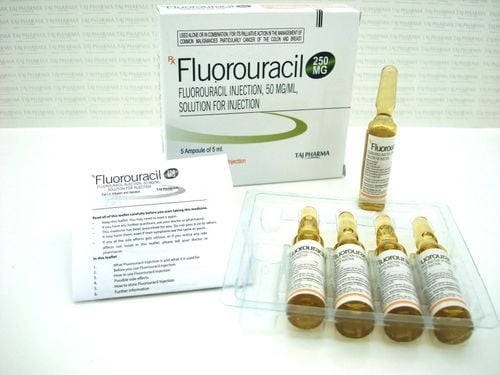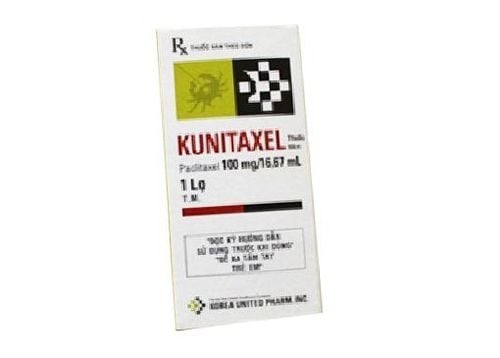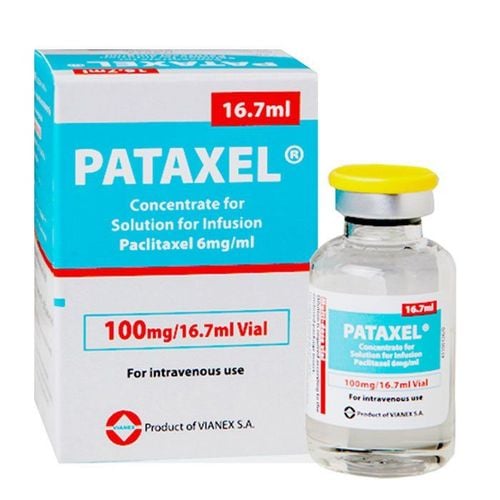This is an automatically translated article.
The article was written by TS.BS Bui Hanh Tam - Anesthesiologist, Resuscitation and Pain Treatment, Department of Anesthesiology and Anesthesia - Vinmec Times City International HospitalBreast cancer is a cancer with a 5-year to 80% survival rate that has become quite common in women if diagnosed early and treated at the right time. Along with increasing survival rates, it is equally important to improve the quality of life of women after mastectomy.
Factors that affect quality of life include treatment methods such as surgery, chemotherapy, radiation therapy, hormones. This may persist for months or years after treatment has ended with symptoms such as: persistent pain, chemical peripheral neuropathy, ipsilateral lymphedema, fatigue, confusion sleep, cardiovascular toxicity or bone loss. It is these side effects that affect life activities, leading to non-adherence to treatment.
1. Common causes
After surgery, persistent pain is usually caused by the following 4 reasons:Pain "ghost breast": at the site of the breast was cut, but the feeling is still the breast and pain. Intercostal-brachial neuralgia: pain and characterized by altered sensation in the body region innervated by this nerve branch. Scar pain due to neuroma: pain in the scar area of the breast, chest, arm, onset or increased pain to touch. Pain caused by other nerve damage: pain outside the control area of the brachial intercostal nerve caused by surgery such as: thoracic long nerve, pectoral nerve, thoracic dorsal nerve and intercostal nerve.. 3 major causes are neuropathic pain related to surgery.
2. Surprising numbers!

Phẫu thuật cắt toàn bộ vú
2.1 Persistent neuroma-like pain at the post-operative scar Occurs about 23-50%- about half of the patients who have a combined mastectomy and radiotherapy with more pain than total mastectomy breast . Neuroma may be related to nerve regeneration according to the site of skin incision. Neuromas can also be associated with surgical manipulation and electrocautery of nerves during surgery.
The removal of the breast tumor could have completely resolved the cancer if the patient had come early and treated aggressively and promptly. However, in some cases, when the tumor has grown to a stage with lymph node metastasis or invasion, continued treatment after surgery is required. At this time, the risk of persistent pain, chronic pain after surgery is a challenge for both patients and doctors. However, chronic pain in breast cancer treatment has not received enough attention and is sometimes ignored, making the quality of life of patients very bad.
2.2 Persistent pain after hormone therapy Often occurs in women with postmenopausal breast cancer or pre-existing musculoskeletal pain, which reduces mobility and reduces vital activity. Pain is usually symmetrical, pain due to stiffness in the shoulder joints, arms, forearms, legs, hips and pelvis. Pain may be caused by bursitis, tendon edema, tendon thinning, trigger finger, or carpal tunnel syndrome.

Thiếu máu cục bộ khi điều trị bằng phương pháp xạ trị có thể gây tổn thương thần kinh
2.3 Persistent pain after chemotherapy The advanced stage of breast cancer with metastases is a stage that requires good cooperation between the patient and the doctor.
The chemotherapy is the cause of peripheral neuropathic pain caused by the toxic dose of the chemical. Typically, the feeling of numbness, stinging, decreased sensation, paresthesia, weakness causes a decrease in quality of life, even loss of balance, falls leading to other injuries such as fractures, ligament damage ..
The leading chemical causing peripheral nerve damage is Paclitaxel .
67% of patients present with pain due to peripheral nerve damage during Paclitaxel treatment.
Approximately 27% - a quarter of patients present with peripheral neuropathic pain as a result of this chemotherapy. The number of people who present during the course of treatment are three times more likely to develop chronic pain from peripheral nerve damage in the long run.
2.4 Persistent pain after radiation therapy According to the latest studies, 6 typical symptoms in radiation therapy are: feeling of loss of energy, anxiety, trouble sleeping, feeling sleepy, sweating and pain. Pain usually appears late from 6 months to 20 years later.
Radiation therapy causes nerve damage that can be caused by fibrosis, ischemia, and inflammation.
Persistent pain after breast surgery accounts for 30-40%. For breast cancer patients with lumpectomy, lymph node dissection or mastectomy, the rate can be up to 50% of patients with persistent, chronic pain after surgery.
Therefore, do not hesitate to seek medical attention or advice if you or your loved one still has persistent pain after mastectomy. Persistent pain should not be assumed and lived with even though cancer treatment must continue and it is essential to see a pain physician to find the right solution for each person to improve quality. life, increase the effectiveness of cancer treatment and prolong life.
Vinmec International General Hospital is one of the hospitals that not only ensures professional quality with a team of leading medical doctors, modern equipment and technology, but also stands out for its examination and consultation services. comprehensive and professional medical consultation and treatment; civilized, polite, safe and sterile medical examination and treatment space.
Please dial HOTLINE for more information or register for an appointment HERE. Download MyVinmec app to make appointments faster and to manage your bookings easily.













